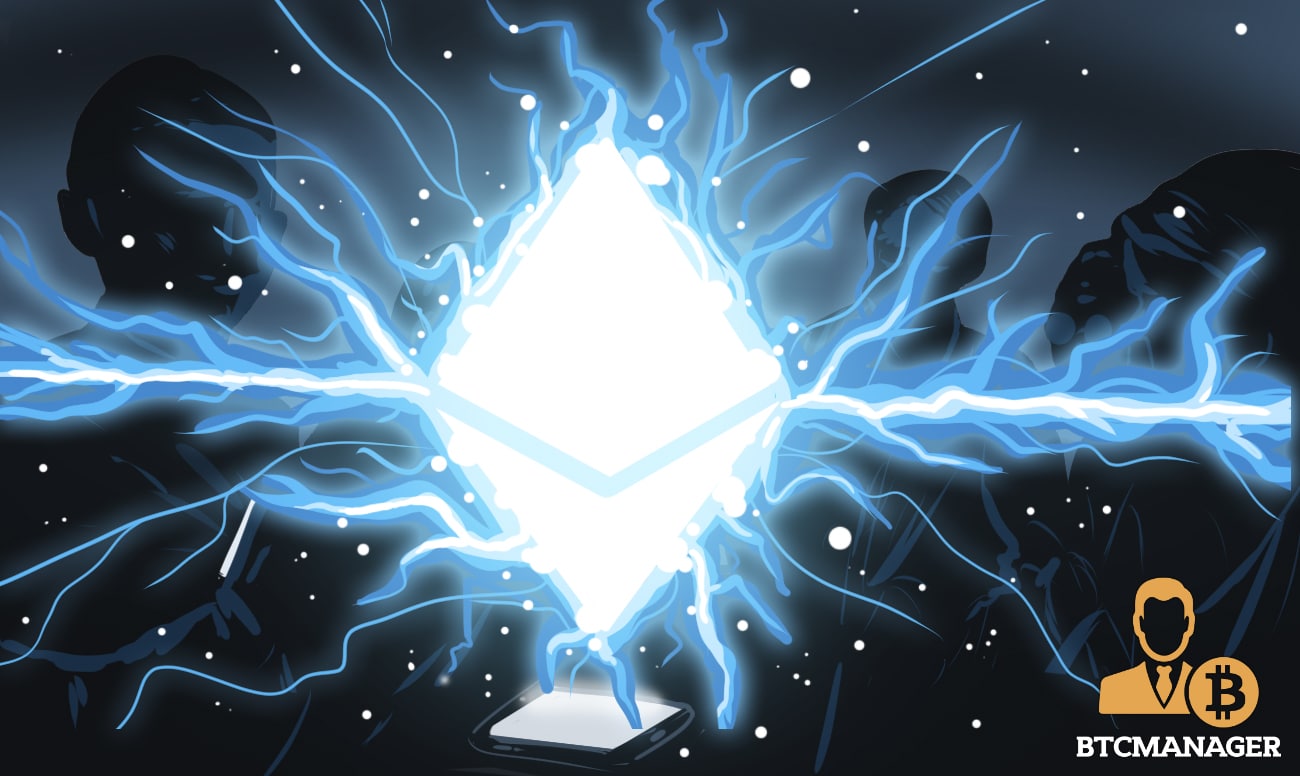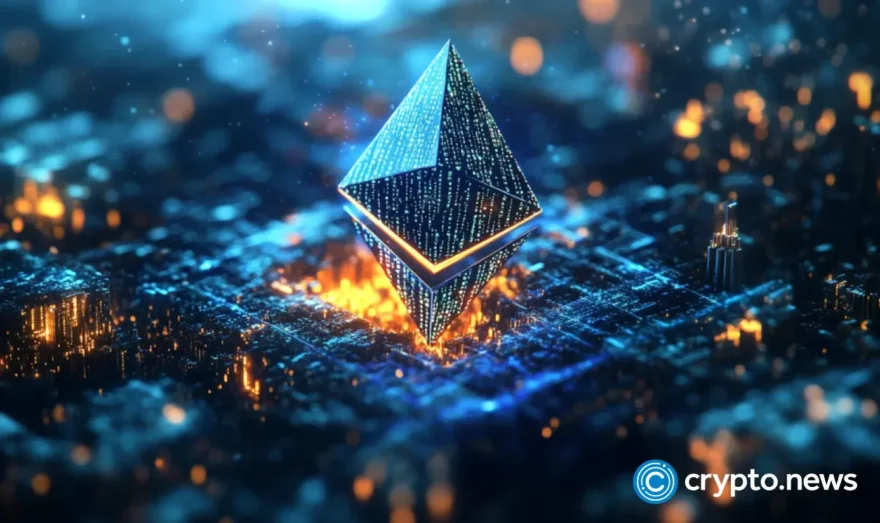Ethereum Core Developer: EIP-1559 will Be Implemented

Eric Conner, an Ethereum core developer, now says EIP-1559 will be implemented in the smart contracting platform as per a tweet on Dec 21.
EIP-1559 is going to happen.
Then we are going to burn a lot of ETH.
Then we will have 0 to negative issuance, with security.
We won’t have to rely on a meme to do that.
— Eric ⌐◨-◨ (@econoar) December 21, 2020
EIP-1559: A Vitalik Buterin Proposal
While the Ethereum network struggles, in the immediate term, EIP-1559 can be a remedy for high Gas fees.
It was proposed by Vitalik Buterin in his Blockchain Resource Pricing paper. As a Gas fee market reform, it is a mechanism that will replace the first-price auction model.
The current auctioning model governs how a miner chooses which transactions to include in a block. With this, miners always drum for higher Gas fees, prioritizing transactions tagged with higher fees.
A Controversial EIP
The improvement proposal is controversial and is being rejected by some miners.
Understandably so.
In the current setting, miners are in control, possessing immense power. However, the activation of the EIP will tip the scale back to users, benefiting ETH holders, and making it predictably cheaper to transact in Ethereum.
EIP-1559 introduces a BASE FEE and a “small” tip for miners. The BASE FEE will be destroyed, a reason why Eric says “a lot of ETH will be burnt.” In turn, this will lead to negative to zero issuance without compromising the security of the base layer.
Ordinarily, this BASE FEE would be channeled to miners as revenue. By destroying them, some analysts say will help support ETH prices.
Specifically, EIP-1559 makes it easy for users to predict Gas fees.
Will Gas Fees Drop and Network Security Suffer?
Following the exponential rise of DeFi in 2020, on-chain Gas prices rose to untenable levels. At peaks, in early September, the average Gas fee, according to BitInfoCharts, was $14.
With this, it was economically unfeasible for other projects other than DeFi to operate in the network despite it being developers’ favorite.
While network users are calling for faster implementation of the EIP, skeptics argue that the proposal will reduce the network’s security. Miners–as network guardians, won’t find reasons to commit resources to the platform due to lower revenue.
Ethereum is already transiting. A recent BTCManager report said that over $1 billion worth of ETH is locked in the official Eth2 deposit contract. In roughly two years, the Proof-of-Work consensus algorithm will be powered off, marking the end of ETH mining.
















